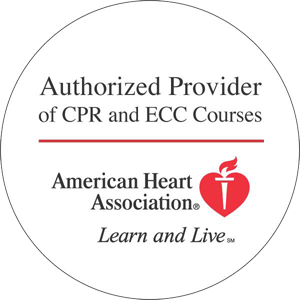Spring is here in Minnesota, bringing warmer temperatures, blooming flowers, and pollen in the air. This year, as the Coronavirus pandemic spreads, every sneeze or cough seems like cause for alarm. But there are key differences between allergy symptoms and those of COVID-19.
Seasonal allergies generally cause a runny nose, itchy eyes and throat, sneezing and a cough. The main indicator of COVID-19 is a fever. So if you are experiencing allergy symptoms with no fever, rest assured that you are likely not at risk (but when in doubt, experts advise staying home and self-isolating).
Even though spring allergy symptoms are not cause for major concern in this heightened time, it’s still important for allergy sufferers to be aware and take good care of their health. This is especially true for heart disease patients, according to the American Heart Association.

Avoid OTC Allergy Medication
Over-the-counter decongestants are stimulants. They can increase heart rate and raise blood pressure, which is especially harmful for people with heart disease or high blood pressure. Antihistamines may be a better option. However, it’s always best to check with your doctor before taking an over-the-counter medication.
Tips for Minimizing Symptoms
The best way to avoid the impacts of allergies is to keep pollen at bay as much as possible. Keep doors and windows closed, and run the air conditioner for temperature control. After spending time outside, change out of your clothes and take a shower.
Protect the hearts of those around you by taking a CPR/AED course at one of HeartCert CPR’s convenient Minnesota locations. Register for a course today.
HeartCert CPR is your trusted training partner for CPR, ACLS, PALS, EMR and First Aid in the Twin Cities and throughout Minnesota. We offer online, night and weekend classes to fit your busy schedule!
HeartCert offers a variety of courses, including CPR/AED/First Aid and CPR/AED, Basic Life Support (BLS), Advanced Cardiac Life Support (ACLS), Pediatric Advanced Life Support (PALS), and Emergency Medical Responder – First Responder (EMR). Courses and certifications from both the American Heart Association and American Red Cross are available.
Find your CPR class at any of our convenient Twin Cities locations, including our headquarters, HeartCert CPR Eagan.








